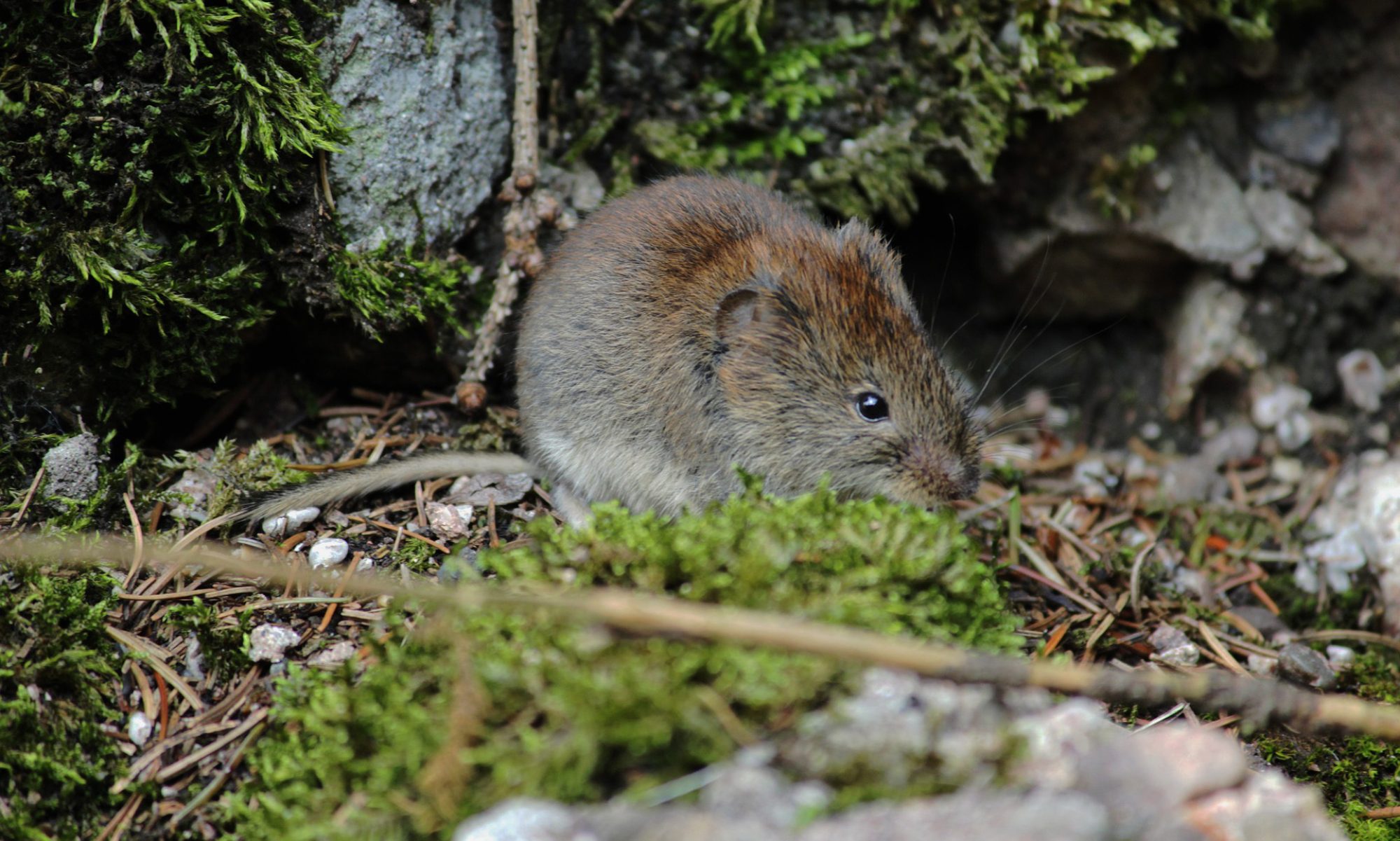This week we have been learning all about water and why it is so important, but did you know that you can make a career out of enjoying our watery spaces? Read on to find out about some career lines you could take!

When I was growing up, I struggled to find a career path that was perfect for me, part of the reason for that was because I found it difficult to find information on environment and nature related jobs. The trick to finding a career that you love, is to first find something that you love and then find out how to make that a career, for me that led to a degree course in animal conservation science. But for you that could be anything! If you are passionate about our watery world, below is a list of possible water related careers and links to follow for more information to help you out!
Fishing
Fishing is often the first career that pops into your head when you think of jobs at sea. Fishing commercially will mean you help to gather food for the public and spend large periods of time at sea, the positions vary based on your level of experience and which boat you choose to work on. For more information on essential training and how to get involved in fishing, follow the links below.
https://www.gov.uk/guidance/fishing-certification-and-training
https://nationalcareers.service.gov.uk/job-profiles/fishing-boat-deckhand
Marine Biologist
Biologists study living things- marine biologists study the living things in our oceans and seas. Marine biologists are vital to understanding how our oceans and seas function and how the life in it is sustained.
https://en.wikipedia.org/wiki/Marine_biology
https://www.plymouth.ac.uk/courses/undergraduate/bsc-marine-biology
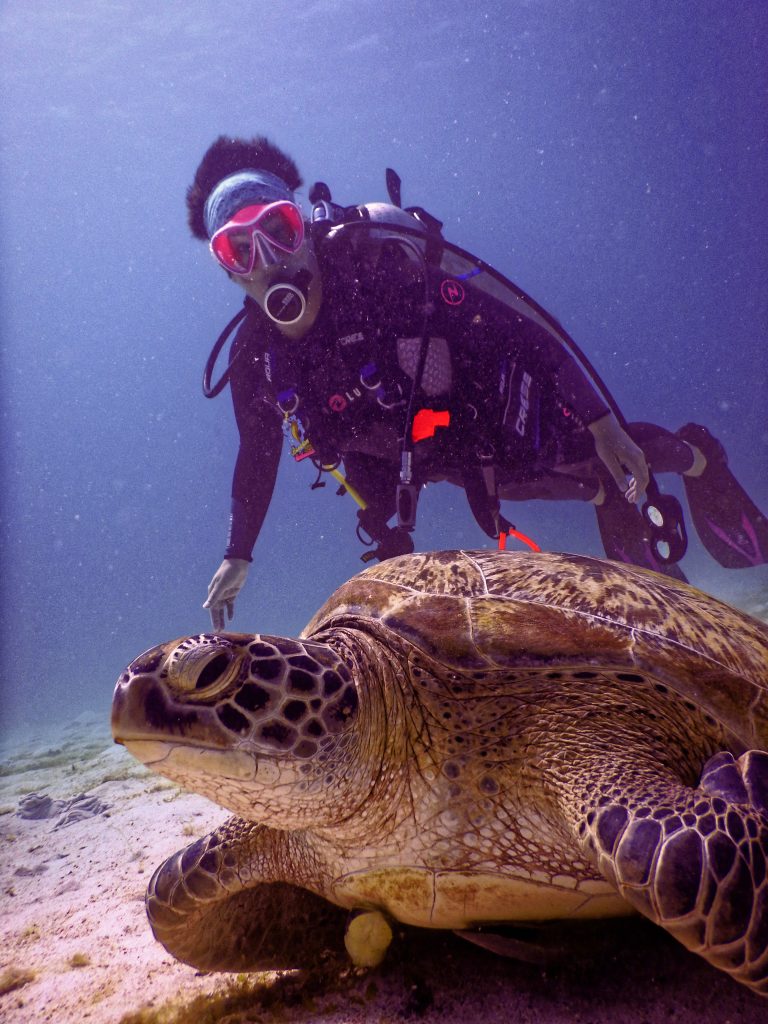
Marine Engineer
‘Marine engineers design, build, test and repair boats, ships, underwater craft, offshore platforms and drilling equipment.’ – National Careers Service. Usually this job role requires a degree but can be achieved through an apprenticeship.
https://nationalcareers.service.gov.uk/job-profiles/marine-engineer
https://www.strath.ac.uk/courses/undergraduate/navalarchitecturemarineengineeringbeng/
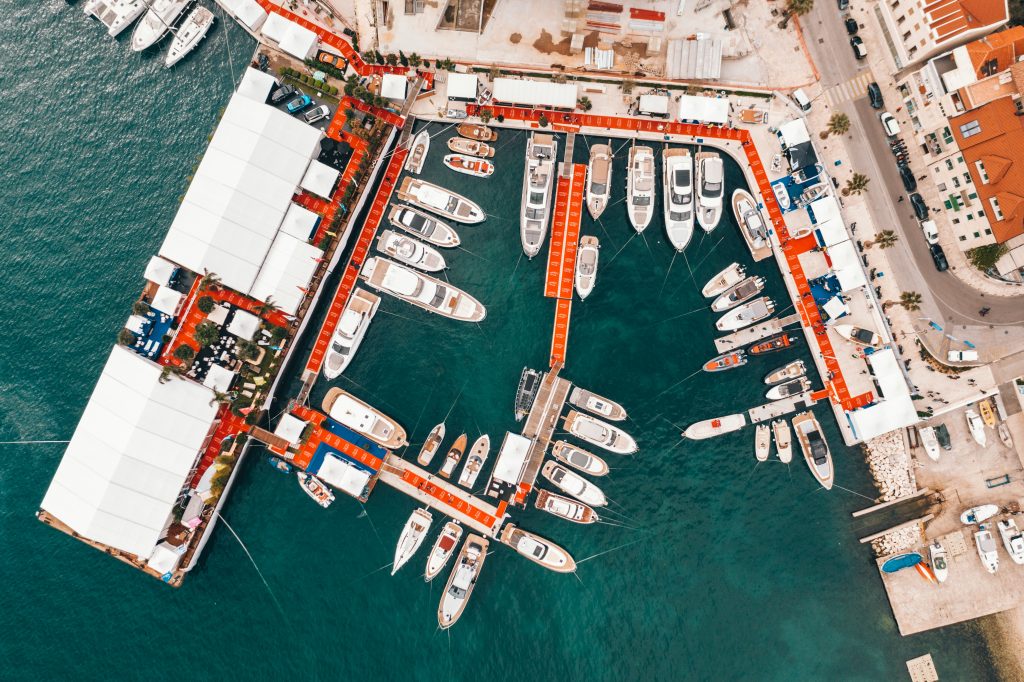
Naval Architect
‘Naval architects design, construct, refit and repair marine vessels and offshore structures.’- National Careers Service. This job requires a degree, it can sometimes be combined with a marine engineering degree.
https://nationalcareers.service.gov.uk/job-profiles/naval-architect
https://www.strath.ac.uk/courses/undergraduate/navalarchitecturemarineengineeringbeng/
Marine Archaeology
Marine archaeology is a sub-discipline of archaeology which explores human interactions with the seas, oceans, lakes and rivers by studying associated physical remains. These remains could be shipwrecks, shore-side facilities or submerged landscapes! This job usually requires a post graduate qualification to specialise after an undergraduate degree in Archaeology.
https://www.nauticalarchaeologysociety.org/
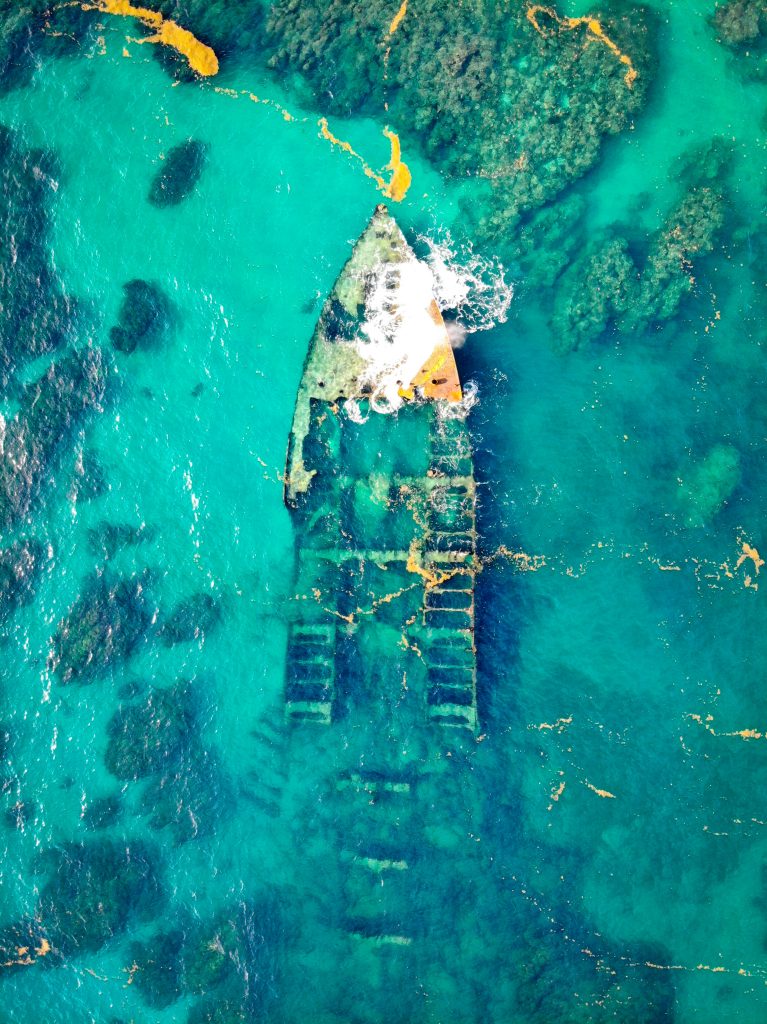
Oceanography
Oceanographers study our oceans and seas and are involved in thousands of varying projects while combining geography and ocean sciences. This job requires a degree.
https://nationalcareers.service.gov.uk/job-profiles/oceanographer
https://www.ucas.com/ucas/after-gcses/find-career-ideas/explore-jobs/job-profile/oceanographer
https://www.whatuni.com/degree-courses/search?subject=oceanography
Boat Builder
‘Boat builders build, repair and refit marine craft from small sailing boats to large sea-going vessels.’ – National Careers Service. This job requires a college course/apprenticeship or training on the job.
https://nationalcareers.service.gov.uk/job-profiles/boat-builder
Zoologist
Zoologists study animals and their behaviours, this career allows you to study animals with the added bonus of potential travel. Zoologists can work in research or in education or in places like zoos and aquariums. This job requires a degree
https://nationalcareers.service.gov.uk/job-profiles/zoologist
https://www.ucas.com/explore/subjects/zoology
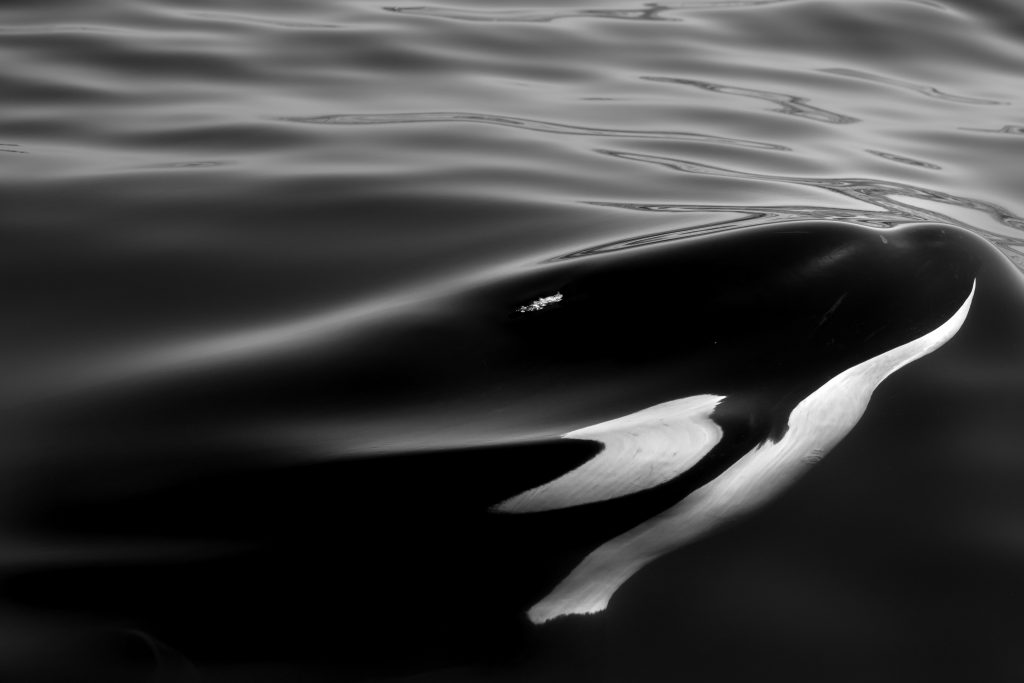
Conservation Scientist
Conservation scientists help manage and protect environments while working with local governments and agencies who set regulations. Conservation scientists focus on the ecosystem as a whole, taking into account both animal and plant life. This role can also be applied to any body of water!
https://www.cumbria.ac.uk/study/courses/undergraduate/marine-and-freshwater-conservation/
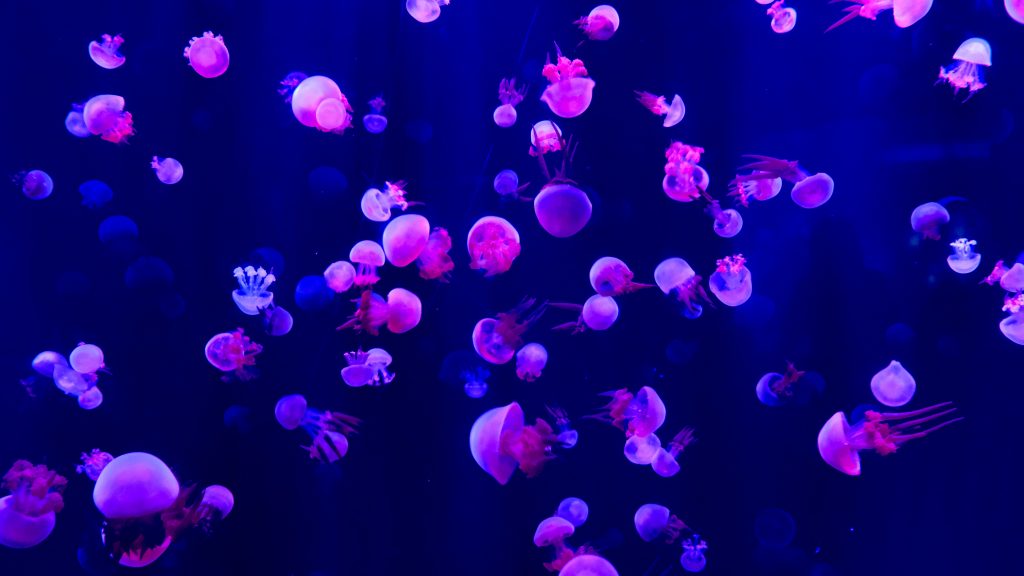
This is just a small collection of career ideas for you to mull over but there are hundreds of other job possibilities out there! Go out there and see what you can find!
